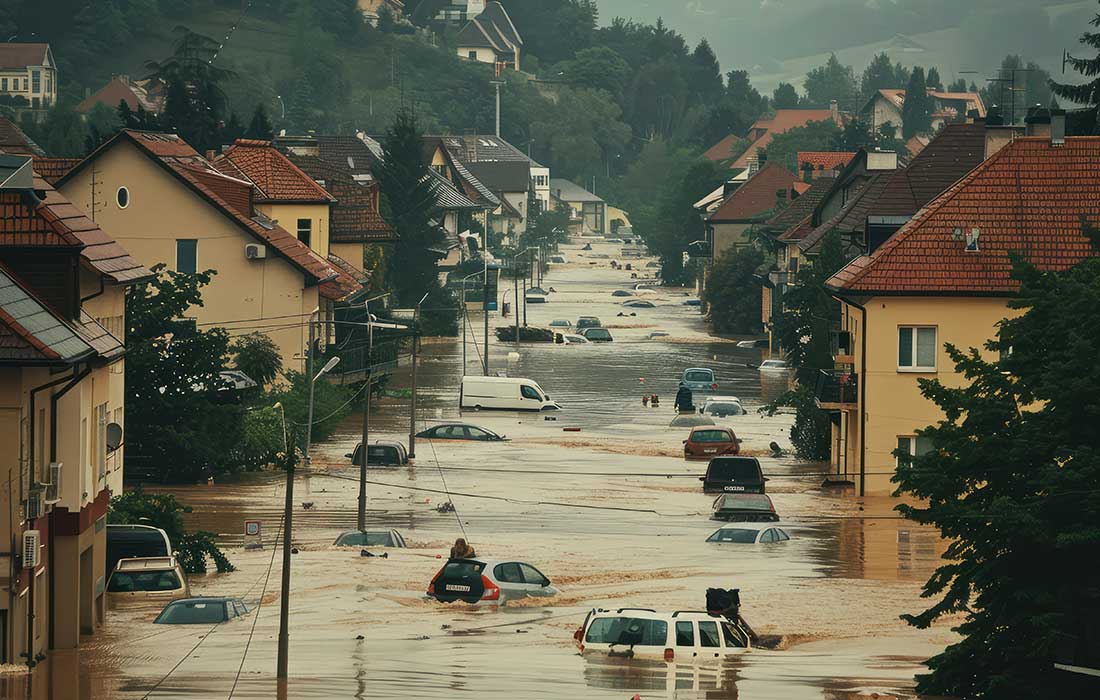North News
New Delhi, December 20
Ministry of Earth Sciences has warned of the rising impact of climate change across the country, citing increasing temperatures and accelerating glacier melt. In a report presented to the Rajya Sabha, the Ministry stressed the need for global action to keep the planet’s temperature rise below 1.5°C by 2050.
The Ministry highlighted that while India is not a major contributor to global emissions, the country is making significant strides in addressing the issue. Through the National Action Plan on Climate Change (NAPCC) and the State Action Plan on Climate Change (SAPCC), India is focusing on key areas like solar energy, water conservation, and sustainable agriculture. Additionally, India has played a proactive role in international collaborations, including the International Solar Alliance and the Coalition for Disaster-Resilient Infrastructure.
The Intergovernmental Panel on Climate Change (IPCC) has reported that the world has already witnessed profound disruptions, including more extreme weather, biodiversity loss, and rising sea levels. The Ministry’s assessment also noted that India’s surface temperatures have risen by approximately 0.7°C between 1901 and 2018, and sea surface temperatures in the Indian Ocean have increased by 1°C from 1951 to 2015.
A key concern raised by the Ministry is the accelerated retreat of glaciers, particularly in the Himalayan region. According to the National Centre for Polar and Ocean Research (NCPOR), glaciers in the Hindu Kush Himalayan region have been retreating at an average rate of 14.9 meters per year, with significant ice mass loss observed in the Chandra, Bhaga, and Garhwal Himalaya basins.
The melting of these glaciers poses risks to water availability, agriculture, and ecosystems, with the potential for catastrophic events such as avalanches, floods, and water shortages in the future.
















